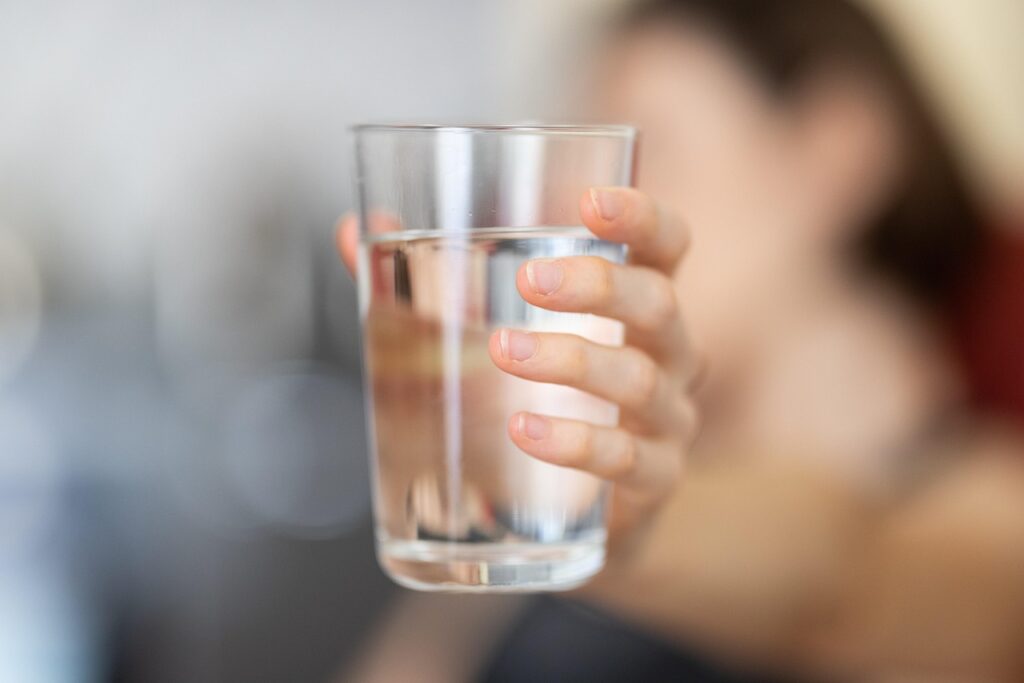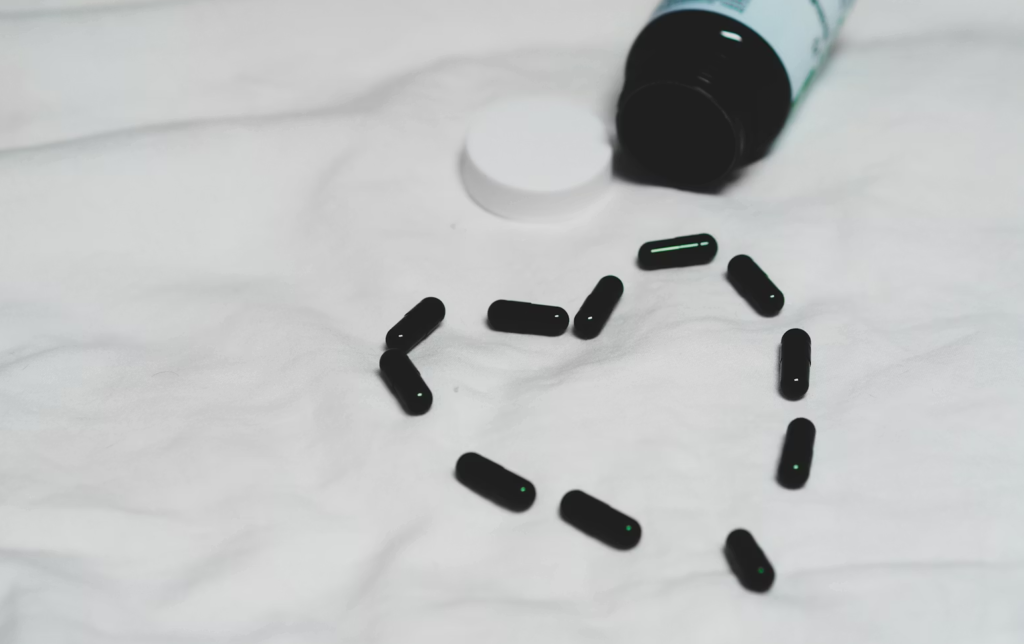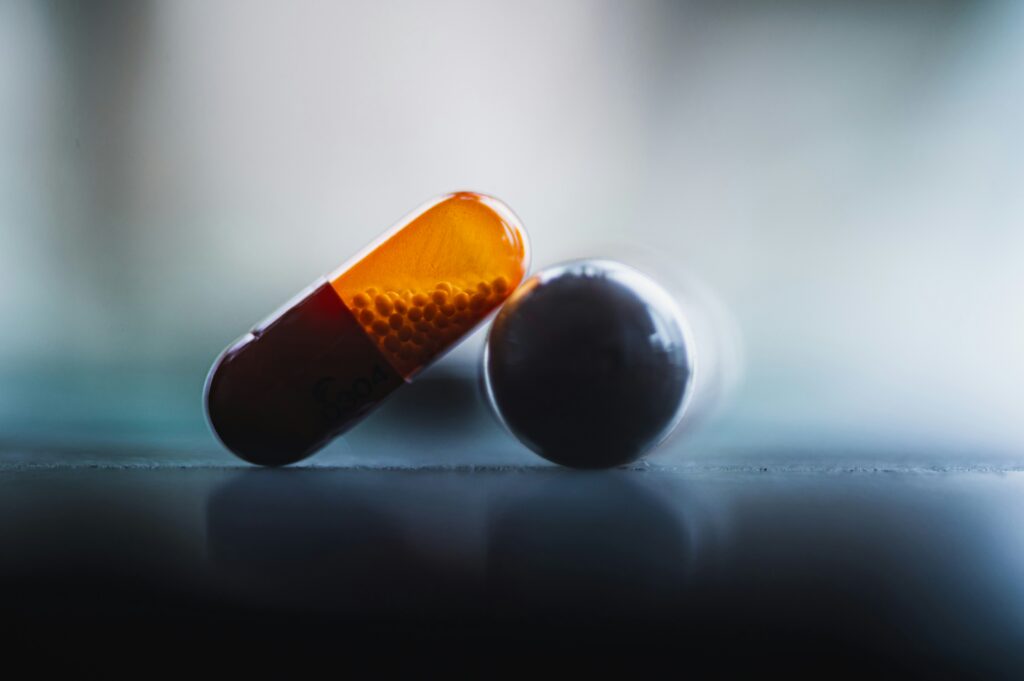The role of hydration in health and longevity is more important than most people think. From maintaining energy throughout the day to preventing chronic disease as we age, water plays a vital role in nearly every function of the body. Whether you’re someone constantly on the go or someone simply trying to improve your well-being, understanding hydration is a powerful first step.
If you’ve ever dealt with fatigue, brain fog, or even joint stiffness, there’s a good chance dehydration played a part. The truth is, water isn’t just about quenching thirst – it’s a key player in living longer, feeling better, and aging well.
In this post, we’ll dive into what you need to know about hydration and how it impacts your long-term health. You’ll discover how it affects your cells, brain, heart, digestion, and skin – plus a few practical tips to stay hydrated every day.
1. Supports Cellular Function and Energy
Water is essential for life at the cellular level. Every cell in your body relies on water to carry nutrients in and push waste out. When you’re well-hydrated, your body runs more efficiently, with better energy, faster healing, and improved immunity.
Without enough hydration, your cells become stressed. This can lead to fatigue, poor recovery, and even premature aging. Think of your body like a machine – water is the oil that keeps it running smoothly.
Key Features:
- Delivers oxygen and nutrients to cells
- Flushes out toxins and waste
- Maintains healthy cell membranes
Takeaway: Good hydration powers your body at its most basic level. If you want more energy and better health overall, drink more water – it’s that simple.
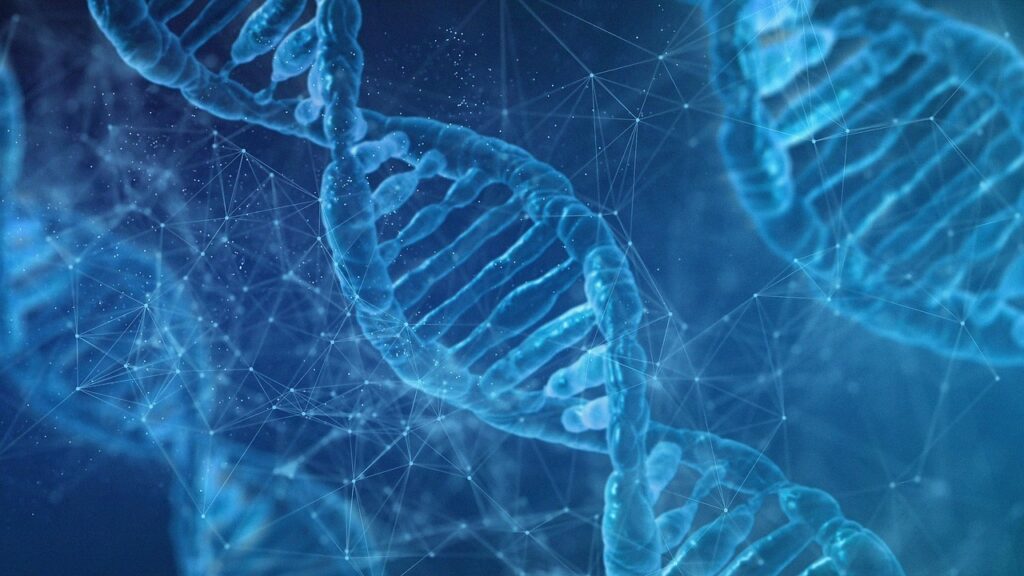
2. Enhances Brain Function and Mental Clarity
Your brain is made up of about 75% water, so even slight dehydration can impact how you think and feel. A drop of just 1–2% in hydration levels can reduce focus, slow reaction time, and affect short-term memory.
You may not always notice it, but brain fog, irritability, and headaches are often linked to not drinking enough water. Over time, chronic dehydration may even raise the risk of cognitive decline and mood disorders.
Key Features:
- Maintains healthy neurotransmitter function
- Supports memory and focus
- Helps regulate mood and alertness
Takeaway: Staying hydrated helps keep your mind sharp and your mood stable – both now and as you age.
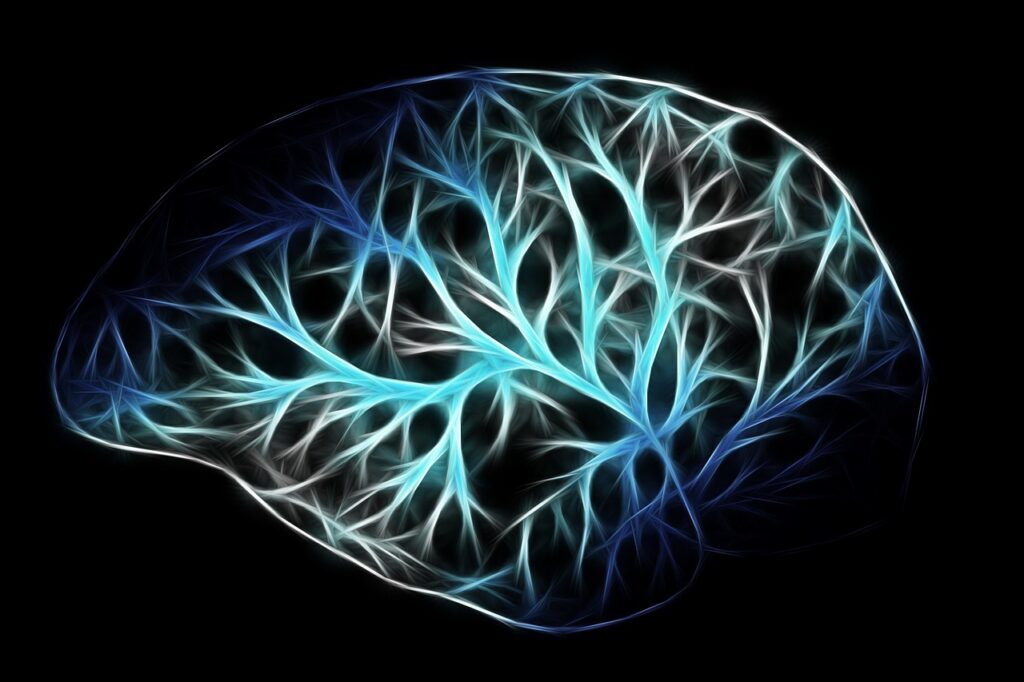
3. Regulates Heart and Circulatory Health
Your heart and blood vessels also depend heavily on hydration. Proper fluid intake helps maintain blood volume, which allows your heart to pump efficiently without added stress. When you’re dehydrated, your blood thickens, making your heart work harder.
This extra strain can lead to higher blood pressure and increase your risk of heart-related conditions. For those with existing heart concerns or older adults, staying hydrated can be a simple but powerful tool for prevention.
Key Features:
- Maintains blood volume and circulation
- Regulates blood pressure
- Supports overall heart efficiency
Takeaway: Water keeps your cardiovascular system running smoothly, reducing long-term risks and improving endurance.
4. Hydration Aids Digestion and Detoxification
If you’re dealing with constipation, bloating, or sluggish digestion, dehydration may be at the root of it. Water helps break down food, absorb nutrients, and eliminate waste through urine and stool.
Your kidneys and liver also depend on hydration to filter out toxins from the bloodstream. Without enough water, these organs can’t do their job efficiently, leading to toxin buildup and fatigue.
Key Features:
- Supports smooth digestion
- Enhances kidney and liver detox functions
- Promotes regular bowel movements
Takeaway: Hydration is essential for keeping your digestive system and detox pathways clean, balanced, and efficient.

5. Promotes Healthy Skin and Slows Aging
Dry, dull skin is often a sign of dehydration. While skincare products can help on the outside, the foundation of healthy skin starts from within. Water plumps the skin, reduces dryness, and supports collagen production.
Over time, poor hydration can contribute to faster skin aging, including wrinkles, sagging, and irritation. Drinking enough water consistently keeps your skin looking fresh, radiant, and youthful.
Key Features:
- Maintains skin elasticity and hydration
- Helps flush out skin-irritating toxins
- Supports collagen and tissue repair
Takeaway: Hydration helps you age gracefully by nourishing your skin from the inside out.

6. Hydration Supports Longevity and Disease Prevention
Beyond daily comfort, the role of hydration in health and longevity extends into chronic disease prevention. Long-term dehydration has been linked to kidney disease, hypertension, urinary tract infections, and even a shortened lifespan.
By supporting every major body system—nervous, circulatory, digestive, immune, and integumentary – adequate water intake acts as a low-cost, high-impact health habit. It keeps inflammation low and improves overall function as you age.
Key Features:
- Lowers risk of chronic diseases
- Reduces inflammation and oxidative stress
- Supports immune function
Takeaway: Staying well-hydrated is one of the simplest, most accessible ways to promote long-term health and increase your chances of a longer life.
Common questions: Hydration in Health and Longevity
Q1: How much water should I drink daily?
The general recommendation is about 2 liters (8 cups) of water per day. However, your needs may vary based on body size, activity level, climate, and diet. A good sign of hydration is pale yellow urine and feeling energized throughout the day.
Q2: Can I count other beverages like tea or coffee toward hydration?
Yes, but with limits. Herbal teas and diluted fruit-infused water can support hydration. Coffee and alcohol, while they do contain water, also have dehydrating effects. Prioritize plain water but include other healthy fluids as needed.
Q3: Is it possible to drink too much water?
Yes, though it’s rare. Overhydration or “water intoxication” happens when you drink excessive water in a short time, diluting electrolytes in the body. This is mostly a concern for endurance athletes or those with kidney issues. For most people, drinking steadily throughout the day is perfectly safe.
Final thoughts
The role of hydration in health and longevity touches nearly every part of your body – from brain to skin, heart to digestion. It’s not just about avoiding thirst – it’s about fueling your cells, protecting your organs, and aging with energy and grace.
Here’s a quick recap:
- Cellular Energy: Hydration powers every cell in your body.
- Mental Clarity: Water helps your brain think clearly and stay focused.
- Heart Health: Keeps blood pressure stable and the heart working efficiently.
- Digestion & Detox: Flushes out waste and keeps your system running smoothly.
- Skin & Aging: Nourishes your skin and helps prevent premature aging.
- Disease Prevention: Reduces risk of chronic illnesses and supports longevity.
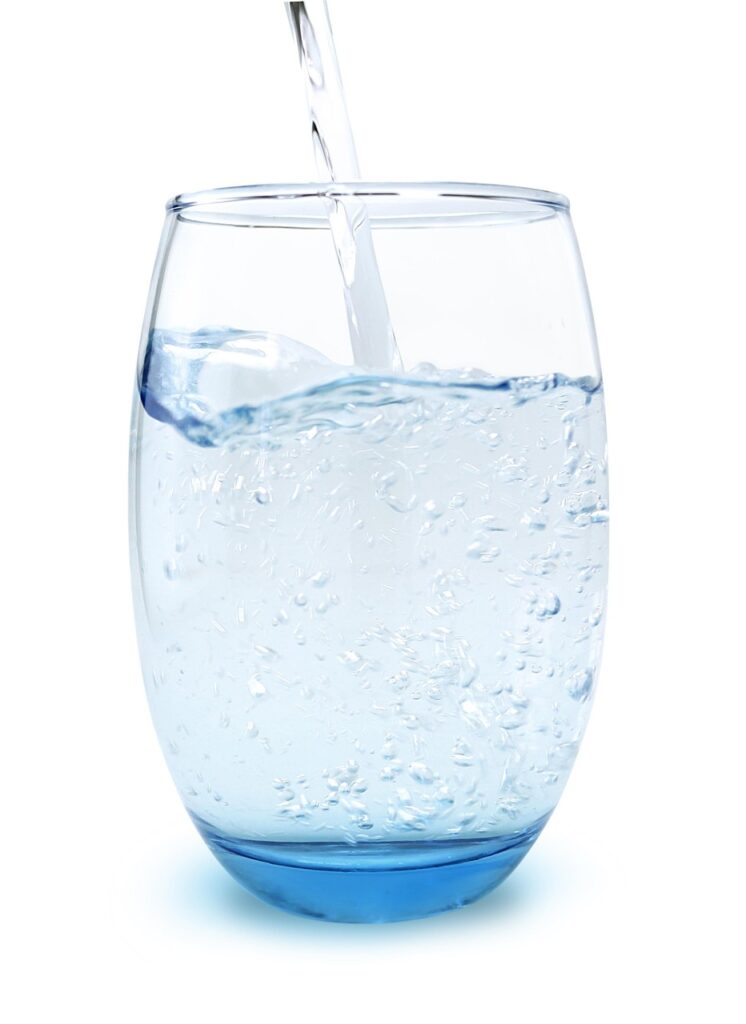
Simple Action Step: Start by drinking a glass of water first thing in the morning. Then sip throughout the day, especially during hot weather, after exercise, or when you’re feeling tired.
Staying hydrated is one of the easiest, most effective things you can do to improve your health and add more quality years to your life.
How do you manage to stay hydrated? Are there any tricks up your sleeve? Let us know in the comments below!

